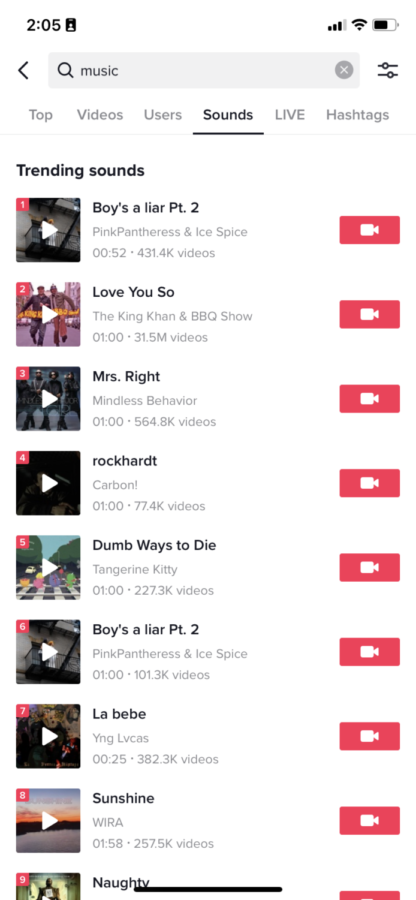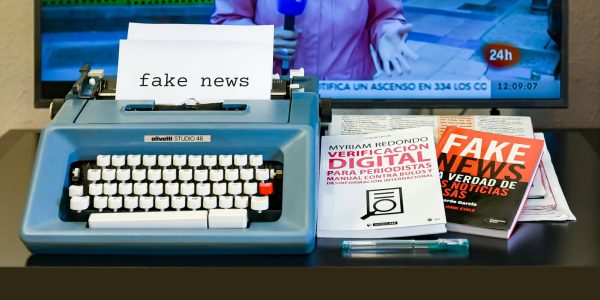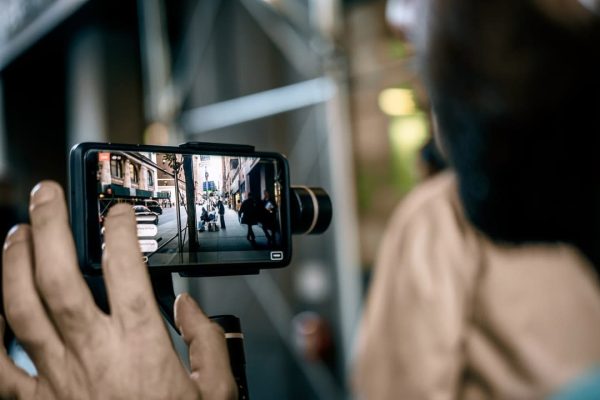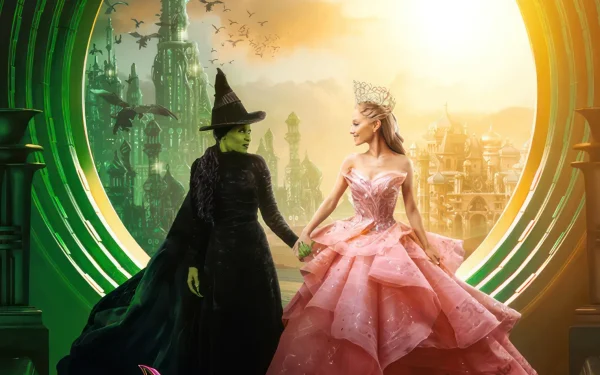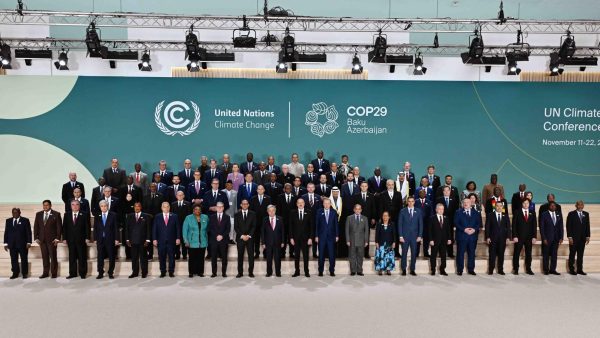What is a “Tiktok Song?” Students Weigh In
CENTENNIAL HIGH SCHOOL – Down the art hallway, music drifts from room B122 during period 2A, AP Drawing. The track currently playing is “Bloody Mary” by Lady Gaga — a song that rose to recent popularity on Tiktok following the release of viral Netflix show “Wednesday.”
Inside, CHS senior Jacquelyn Tran remarks: “Oh yeah, this is that Tiktok song, isn’t it?”
Though it’s true that the song has had a resurgence in popularity due to Tiktok, I was surprised at her use of that label to describe it, considering Lady Gaga’s ubiquitous fame.
The Tiktok-ification of famous songs established prior to the infamous app’s existence has been a curious phenomenon among teenagers as of late. Even I, as a teenager, was taken aback when my sister (a sophomore at Lebanon Trail High School) dared to suggest that “Everybody Wants to Rule The World” by Tears for Fears was a “Tiktok song.”
To me, the title of “Tiktok song” feels unjustifiably reductionist — though it’s generally used to refer to any song that (re)surged in popularity thanks to the app, the term is a catch-all that lumps in iconic tracks like “Everybody Wants to Rule the World” with… more underwhelming productions such as “Mad at Disney” by Salem Ilese.
Not one to gatekeep a definition, I decided to ask my peers at CHS what they considered “Tiktok songs” to see if we could pin the genre(?)/group down.
Takes on: “What is a Tiktok Song?”
“Most of the time they’re kinda like, old songs that re-emerge ten years later.”
- Pranhitha Anoop, Grade 12
“Something from those reels that plays over and over again? I don’t know…”
- Prisha Jayamurugan, Grade 10
“‘Be Happy’ by Dixie D’Amelio. Oscar and Grammy-winning song.” (Sarcastically)
- Athul Mohanram, Grade 12
“‘Unholy’ by Sam Smith. And ‘Toxic’ by Britney Spears.”
- Labanya Bhadra, Grade 12
To summarize: revived, viral, and/or mediocre seem to be the three categories that most popular audios fall under. However, Mohanram had an interesting bit of insight to add to Bhadra’s mention of “Toxic”:
“That’s a good song! That’s not a Tiktok song!” He said.
“Okay, ‘Toxic’ by Britney Spears, sped up, okay?… Sped up songs? They’re sometimes catchier than the actual song,” Bhadra conceded.
This is a fair conclusion; after all, Tiktok’s relatively short audio format lends itself well to sped up songs. Often, nostalgic favorites get their choruses crunched down to fit into that catchy 30-45 second hook, maximizing both the relatability of their lyrics and the short attention spans of the viewers. The revamp makes them “new” again — worthy of attention, especially for younger viewers who weren’t previously familiar with them.
And sure, the appeal of established favorites is understandable — but what about the app’s role as a platform for those inexplicably viral tracks that appear seemingly out of nowhere?
According to Business Insider, music labels capitalize on the short-form video format to promote new songs through challenges and influencers, launching a vast web of marketing campaigns designed to grab listeners’ attention.
Some artists such as Tiagz, a viral rapper/remix artist, gear their entire discography to literally appeal to the masses, as Pitchfork snidely remarks:
“The popularity of his tepid trap beats only confirms the suspicion that the biggest money makers on TikTok will dance to anything. Tiagz’s remixing is not an emblem of creativity, but standardization; all audio is subsumed under the same utilitarian goal.”
The most derisive use of the “Tiktok song” label targets these mass produced and/or poorly remixed tracks that fall out of popularity and charts mere weeks after release. In a constant battle to stay relevant, the app’s algorithm cycles and recycles music at a breakneck pace — of course these marketable, briefly viral hits are so aggressively promoted.
It was a moment of realization: so this is what sparked my reluctance to use call my favorite tracks “Tiktok songs.” It’s the same defensiveness that people feel when someone calls their music basic or boring or vanilla — the very insinuation that it could be grouped in the same category as such tasteless fare is horrible.
And even the most iconic pop songs hold that status because they, too, are marketable. Whether they’re sped up, slowed down, or mashed together with two other tracks, their innate appeal to the listener remains untouched. It’s simply that Tiktok lays bare companies’ attempts to formulate the most marketable sound; with the observably rapid rise and fall of popular songs, cash-grab attempts at any audio with clout become uncomfortably obvious.
Increasingly, Tiktok is gripping the music industry in its impatient clutches, its web of popular sounds encompassing every genre. So yes, its algorithm will spawn music like the aforementioned “Be Happy” or even “abcdefu” by Gayle — but I’m happy that the old songs resurfacing on the platform are likely to be enjoyed by the generations who didn’t grow up with them.
That is, of course, if they stay relevant for long enough.
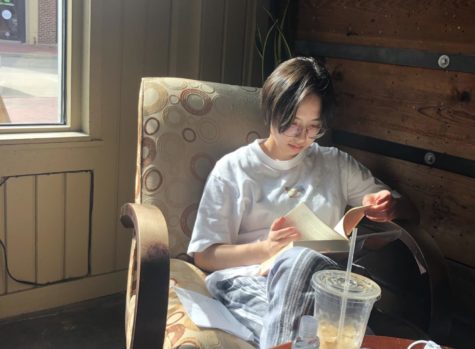
Hello! My name is Amandine Alexander (people know me as Mandy) and I am a senior here at Centennial. I moved here from abroad last year and have been active...


